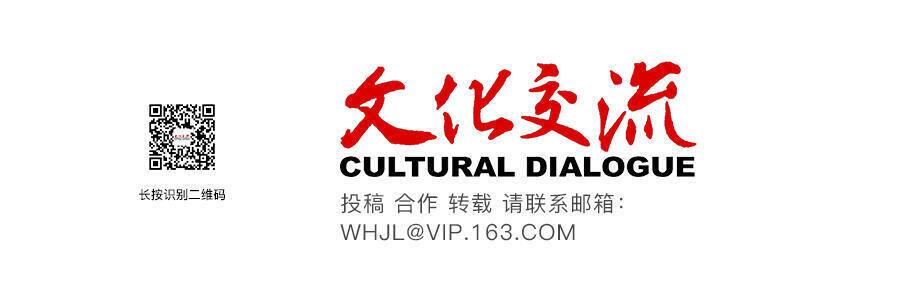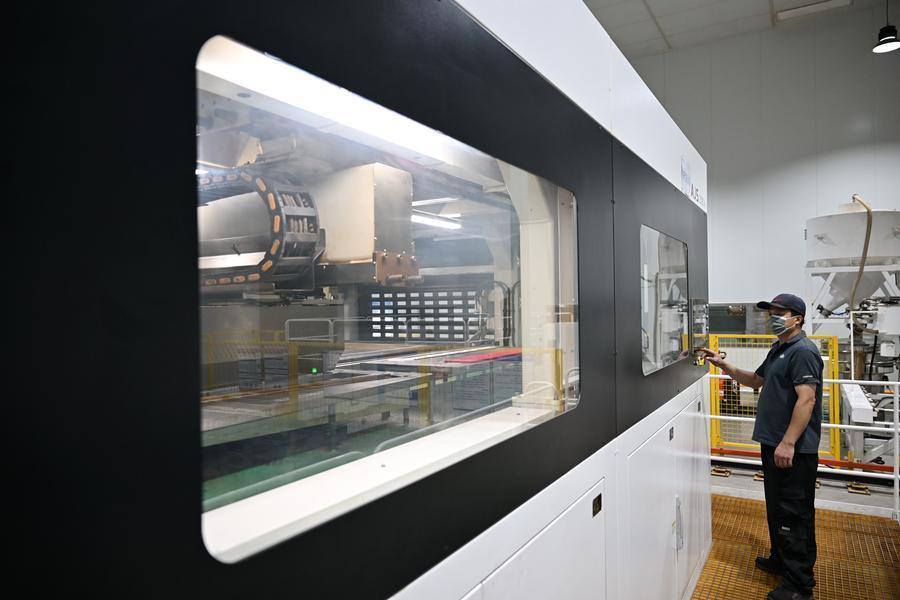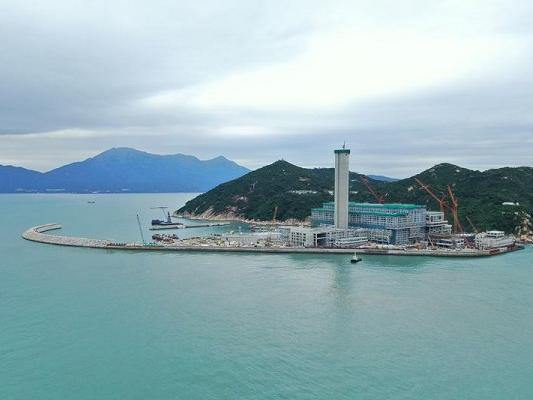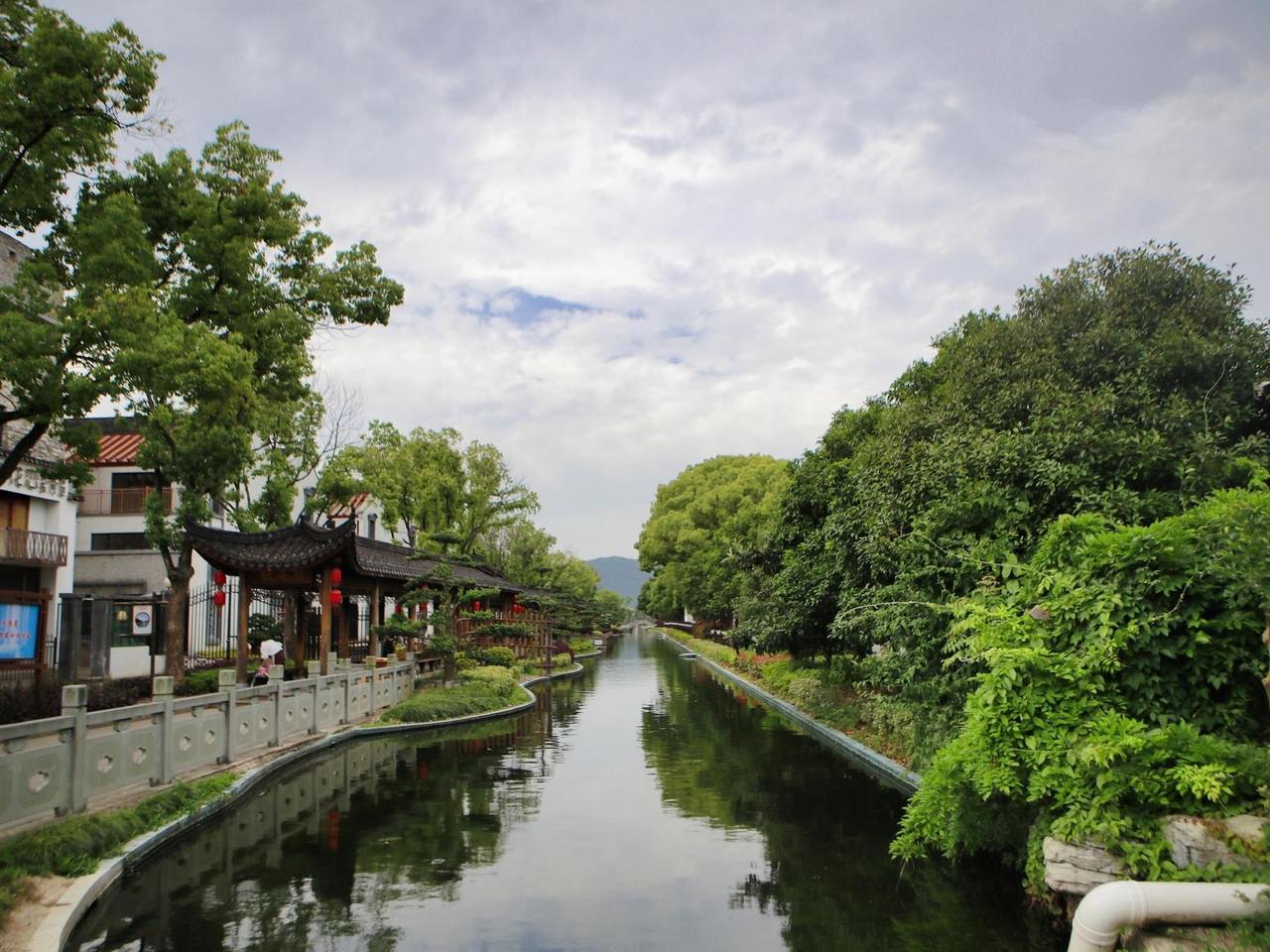琴舟泽,韩国人,这是他的中文名。
读书上学、大学毕业,然后是工作——离开首尔之前,琴舟泽是一家食品公司的财务主管,330万韩元/月(约合人民币2万元)。很偶然的机会,他到了广州;十年后又是一个机缘巧合,他来到了浙江千岛湖。
“以前怎么会想到会这样呆在千岛湖,做农民。”琴舟泽的中文很好,很少有不准发音,如果不特别留意,很难知道他不是千岛湖本地人。
“每一年好像都不一样,每一次变化多让我这个‘农民’更加安定。”到浙江的千岛湖边做农民已经9年:从一腔热情到内心安定,他认为他赶上了在中国做农民的最好时候,感受到了中国农业政策的发展,也见证了中国新农村建设的变化。
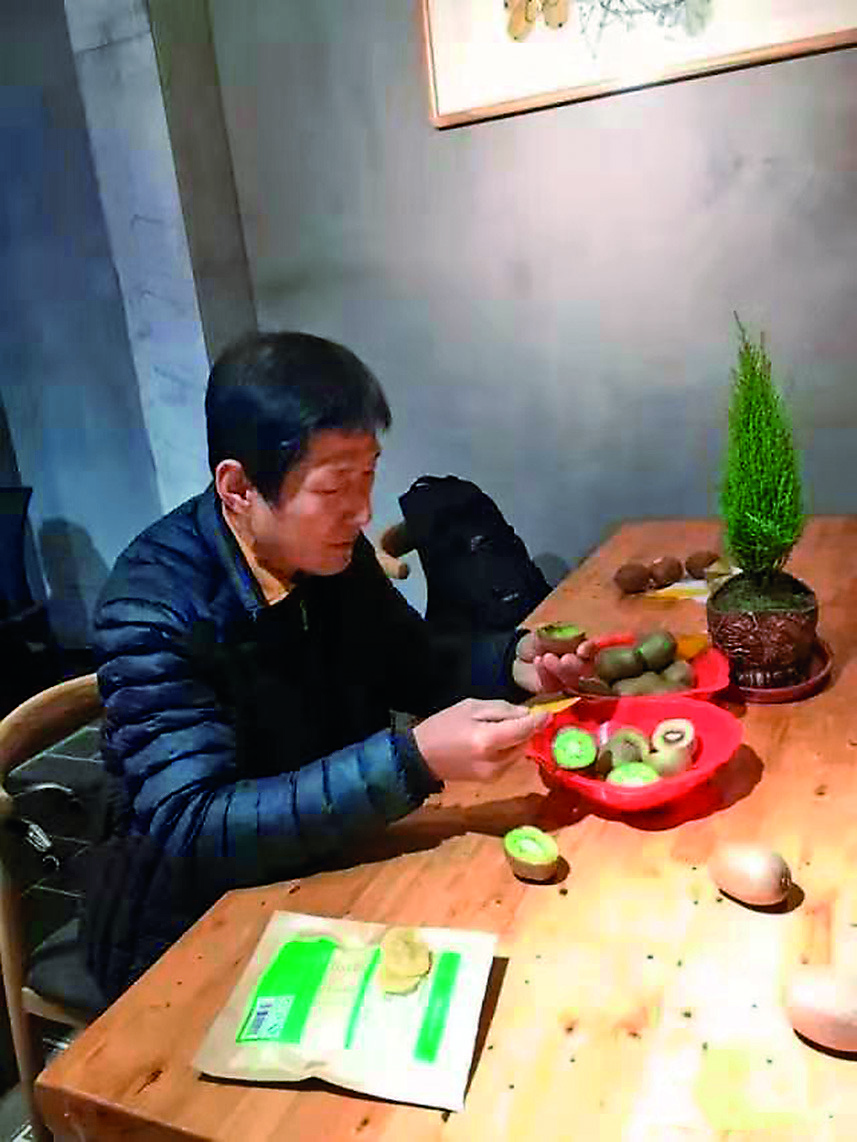
初入浙江:
因为好山水决定留下来
杭州市淳安县汾口镇,在淳安千岛湖西南,到县城约80分钟车程,县城距离杭州170公里。
寺下村更远,汾口镇还要继续往西,村后的大山和开化、安徽相连。琴舟泽就住在寺下村。
在武强溪边的一栋小房子里,琴舟泽双手端一杯茶给我。在千岛湖边,他学到了很多的中国传统礼仪。
缘分始于2010年初的一场大病。当时,琴舟泽已经在体检中发现了心脏有问题,为了缓解病情,他和中国妻子来到千岛湖休养。“周边走了好几个乡村,太美了。”他看到千岛湖边耕作在青山绿水间的农民,辛苦却和美,他心动了,他想留下来,留在浙江、留在千岛湖做农民。
妻子有些意见,但琴舟泽还是下定了决心。
“问了很多田间地头的村民,想法也更加坚定了:中国现在的农业政策非常好,只要肯干,就一定能够做一个快乐、幸福的农民。”大方向有了,但具体怎么办呢,他一开始也没想好。
最先,他想养猪;深入了解后,他觉得在深山可以养牛;在经过多方调查、同时也在朋友和当地政府的帮助下,他选择了种猕猴桃。“我妻子很爱吃猕猴桃,湖边山区昼夜温差大、雨水多,土壤的矿物质很丰富,适合猕猴桃生长。”于是,琴舟泽在汾口镇寺下村租下了120亩地,打算“要种一片金色果园,里面全是猕猴桃”。
一个韩国人放着城里人不做却要做中国农民的事情,在附近几个村庄变成了话题:锄头都不会拿怎么做农民?河滩荒地能种猕猴桃吗?即使结果了卖给谁去?
农业专家的说法证实了人们的猜测并非全无根据:河边的风景很好,但都是沙砾碎石,肥力不行,一锄挖下去,锄头弹起来。
两条路:要么放弃,要么培土。
“藤架、排水方面已经花了100多万,为了租用这块地,村里、镇里的干部帮我协调了好多好多次,怎么能说放就放?”琴舟泽说,但如果要继续,那可能需要花3年以上的时间来培育土壤。
琴舟泽,陷入了两难境地。
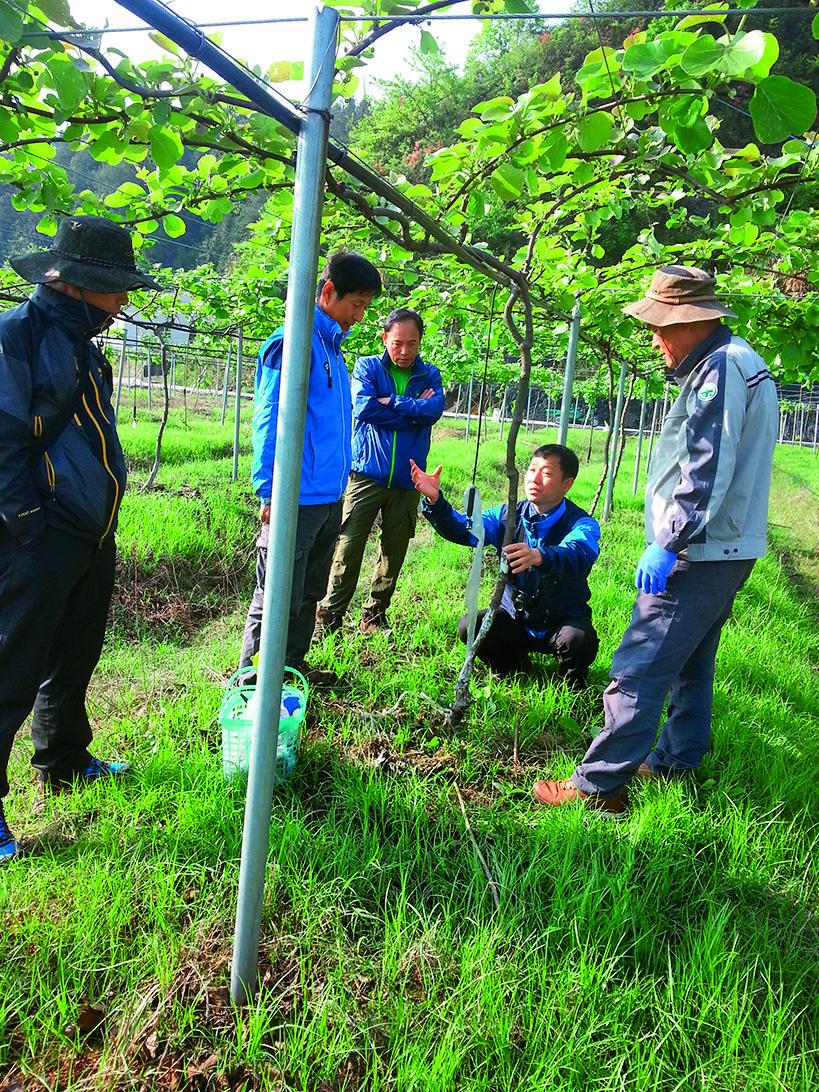
初见花开:
终于结出质量上乘的猕猴桃
就在这个时候,妻子辞去广州的工作来到寺下村:既然不能拉他回来,那就和他一起走去。
几乎每天,夫妻俩的主要“农活”都是种草和割草:在平整好的的地里种满杂草,再把长好的草割了放入大池沤肥;然后再种草、割草……
三年间,日复一日。
2013年的一天,妻子正在家做饭,琴舟泽快步跑回家,像个孩子般地大喊:“土样合格了,合格了!” 果苗终于下地。
接着而来的是梅雨连绵、夏日酷暑等考验,一半的果苗死了,琴舟泽本来就未完全康复的身体更让妻子担心。“我三番五次地劝,他每次的回答都是‘今年再不成就回城里’,可每年都这样说。”
守得云开见日月。2016年琴舟泽迎来了转机:当年产出的3万斤猕猴桃,还没上市便以35元/斤的价格被预订一空;之后,以有机肥种出的猕猴桃卖到了杭州、上海,还出口销到了韩国、日本、新加坡等地。
2018年,琴舟泽的果园产果30多万斤,销售收入近400万元。
2019年10月,正是猕猴桃收获的季节,尽管今年相比往年同期雨水偏少,但依然有20多万斤的产量,预计有近300万元的销售额。
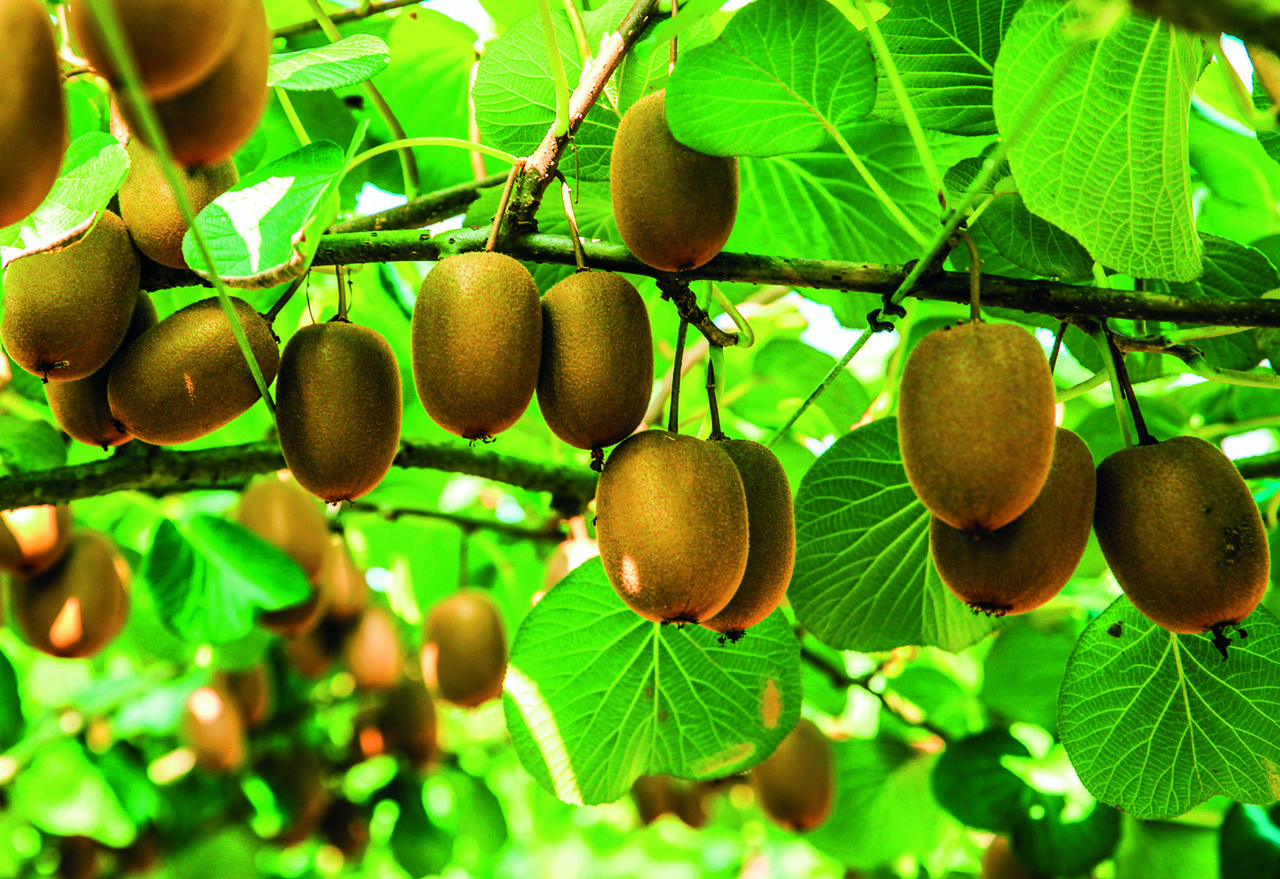
从“嘿”到“琴先生”:
在中国做农民是什么感觉
如今,汾口本地人都知道,要买好吃的猕猴桃,应该去找韩国人琴先生。“他是庄稼好把式,因为他用了心。”附近的村民不再叫这个50岁的韩国男人为 “嘿”或者“韩国人”,而改口叫了“琴先生”。
村民称琴舟泽为“先生”,一是因为佩服他种好了猕猴桃;二是因为书——几乎每天晚上,如果走进琴舟泽的屋子,他一定捧着一本有关猕猴挑种植方面的书,每一个章节,他都有标注和思考——当然,这原本就是他想要的生活,一块田、一本书、一个家。
再有人问琴舟泽“为什么来中国做农民”,他会说“我喜欢种这里的地,因为山水不同”。
这不是一句台面话。将近10年的“中国农民”的经历,的确让琴舟泽感受到了中国的山水不同。
“开始不理解,后来才明白,原来很多事情跟韩国不同。”他说最先是租地——120亩地有一半以上是村民的,是村集体和汾口镇政府的干部不论日夜地协调、沟通,才使得自己在三四个月里就办好了手续,然后租金也让他满意。
琴舟泽知道的有关中国的农业政策都是后来在千岛湖才知道的:比如农业用电价格要相对工业供电价格低;比如农业不再需要交税……
“前几年我陆续在猕猴桃种植方面投进了很多钱,压力很大,后来是中国的政策帮了我——按照规定,相关部门根据我的投入给了我一定的扶持补助。”他说这里的政策很公平,符合条件的填了材料就行,不是本地人也没关系。
与琴舟泽聊天时,会有人来找他,有村民,也有村里、镇里、农业局的干部。“我要特别感谢,他们是真心在为我们农民服务。”他记得2016年,是政府部门帮他改建了跨河大桥,大货车才能拉着有机肥进来、装着猕猴桃出去;他也记得经过立项、审批、施工后建成的堤岸马路,保障了他在汛期有路可走……“他们几乎每个月要来两三趟,一直到现在。正是他们上门了解,所以针对我们的具体情况,专门设计了路宽和堤高。”他心里曾经算过,从2010年至今,各级政府部门工作人员到现场询问困难的次数超过了200次。
琴舟泽就这样融入了中国的乡村:走在路上,遇到相识的人他会主动地打招呼;猕猴桃结果的时候,他会拿出来跟村民分享;农忙时也去人家里帮忙干农活;逢年过节给小孩压岁钱、去朋友家里“蹭饭”……
近年来,“乡村振兴”如火如荼,日益完善的基础设施建设和青山绿水的宜居环境,让不少村子都打破了“次元壁”,琴舟泽仅仅是“外来中国农民”中的一个样本。
“我呆在中国做农民,很安心,很充实,生活的状态也越来越好。”他说,就这短短10年经历,让他看到了中国不一样的农业,不一样的农村。正是很多的“不一样”,让他这个“中国农民”觉得心温暖。“我喜欢种地,我喜欢每天都在变化的新的中国乡村。”
Keum Ju Taeg is a Korean who has been in China for nearly 20 years. Before he left Seoul for China, he was the head of the financial department of a food company in the capital of the Republic of Korea. He spent ten years in Guangzhou before he came to the Qiandao Lake, a scenic reservoir in the west of Hangzhou, the capital of Zhejiang Province.
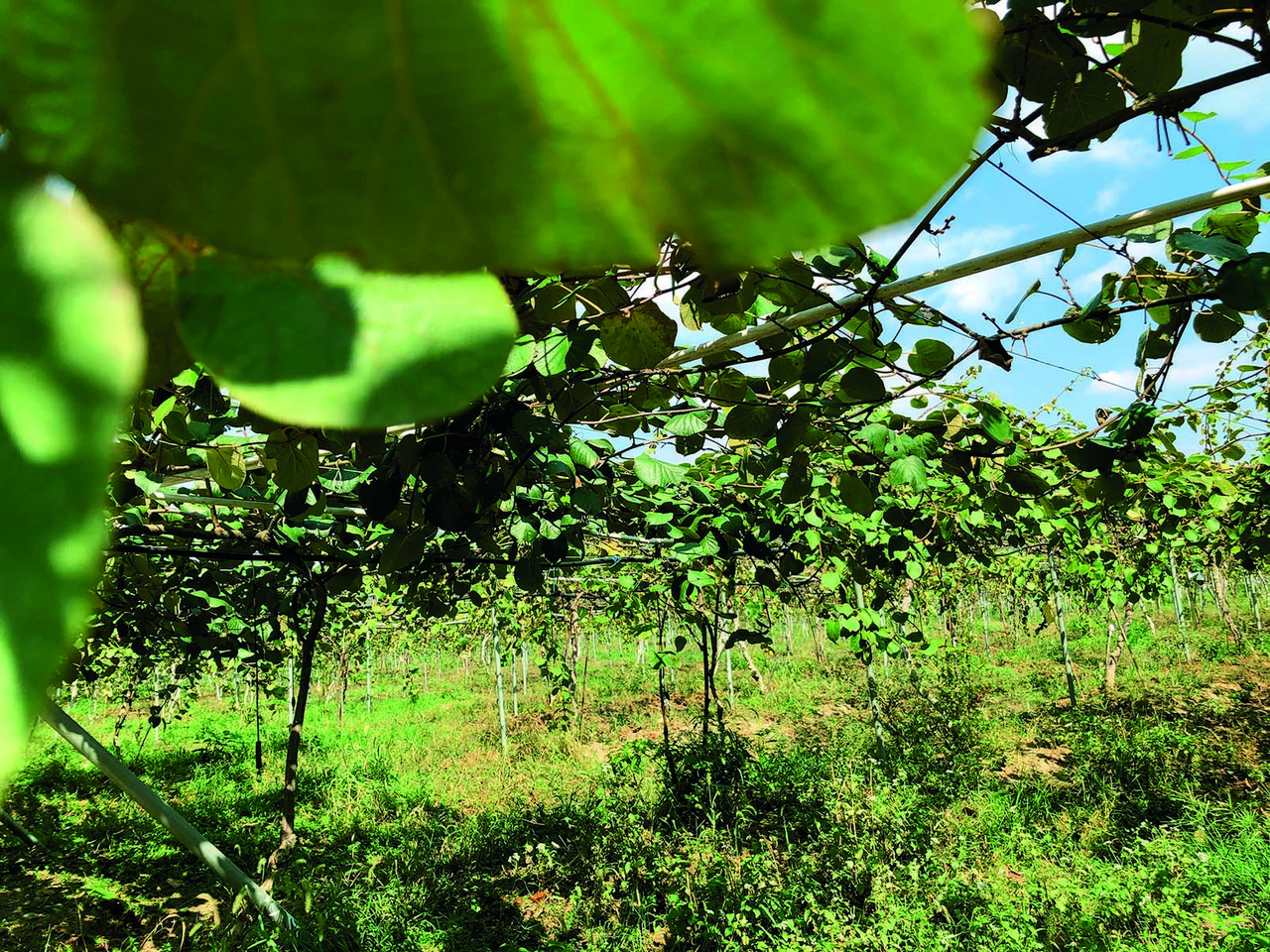
He came to Sixia, a village in Fenkou Township, Chun’an County in 2010. The town is about 80 minutes’ drive from the capital of the county. And the county capital is about 170 kilometers from Hangzhou. He came to the village to take a break away from the busy life. In a regular health check, doctors said he had a heart problem and he needed to take break from his work. He and his Chinese wife came to the Qiandao Lake. They visited villages in close neighborhood and were deeply impressed by the rural beauty and the way rural farmers worked and lived.
Keum stayed in the village and his wife went back to Guangzhou to continue her work there.
As his heart condition improved, Keum wanted to be a farmer there. He did a field study and learned from neighbors that the government had favorite policies for farming. Then he turned to specifics of farming. What exactly would he do if he wanted to be a farmer? After consultation with friends and the local government, he decided upon kiwifruit for his future farming project. He made up his mind.
He rented a piece of land which measures 8 hectares. Residents in the neighborhood doubted Keum’s project. They thought the Korean knew almost nothing about farming and he didn’t even know how to handle a hoe. And they thought the land was no good for kiwifruit farming, as part of the land full of sands and pebbles as it is near the river. The rural residents had never grown anything there. Even if the Korean could harvest kiwifruit there, who would come all the way to buy from him?
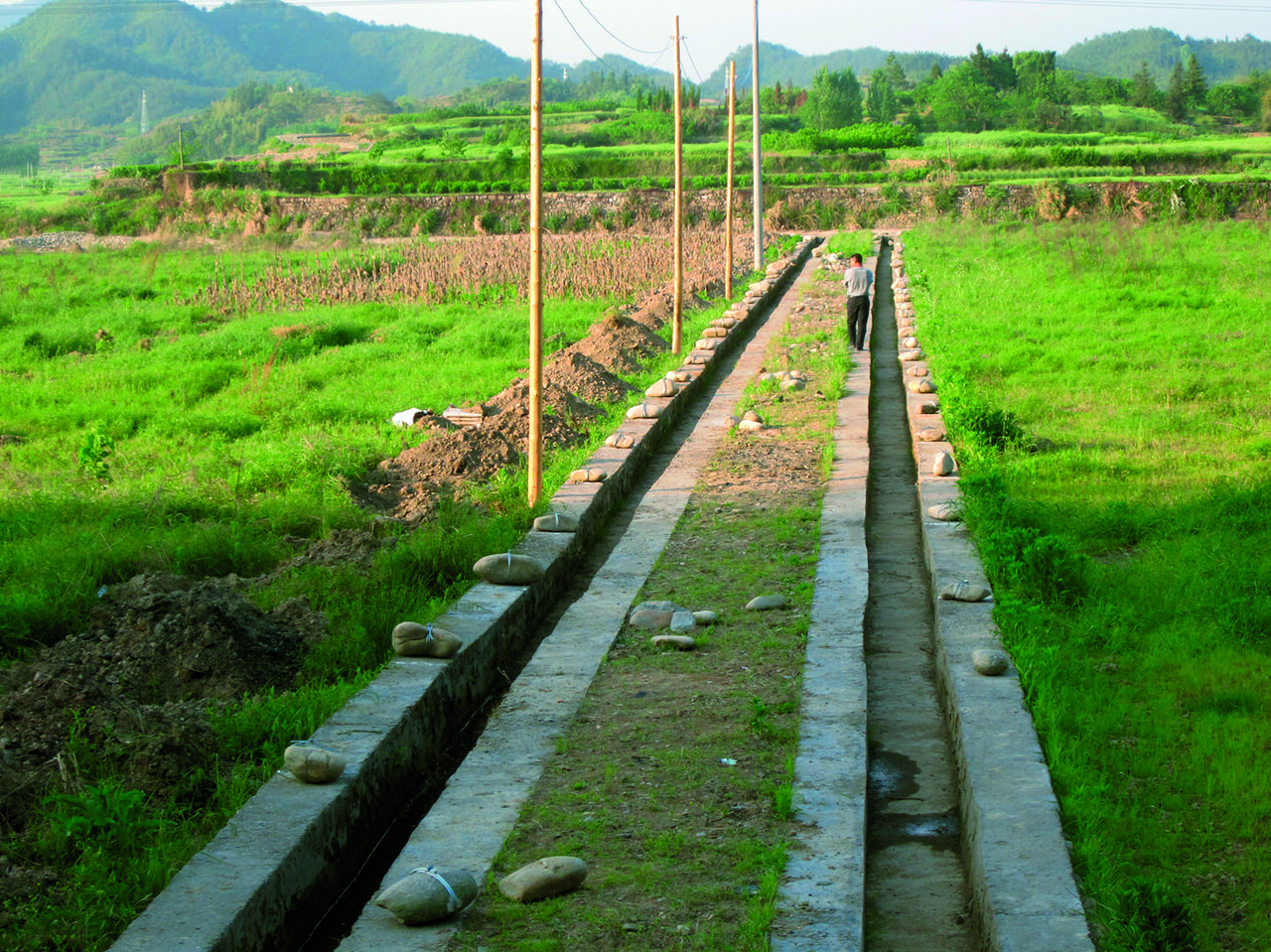
Keum spent about a million yuan leveling the land and getting all the drainage and other essential things for the kiwifruit orchard. Then he spent three years making the soil ready for the kiwifruit cultivation. Unable to persuade her husband to give up, his wife resigned from her job in Guangzhou and joined him. During the early years, the couple did nothing but planted grasses and harvested grasses. They converted the grasses into compost and put the fertilizer back to the land. They did it for about three years. In the spring of 2013, soil test results turned positive. The couple began to plant kiwi saplings. The crop suffered the plum rain in the early summer and then the extreme heat of the high summer. Half of the saplings didn’t survive. His wife worried about Keum’s heart and talked about going back to a city life again.
Keum’s farming project had its turning point in 2016. The couple took in 15-ton kiwifruit that year. The fruits from organic farming sold all out for a very good price. The top-quality fruits were shipped to supermarkets in Hangzhou and Shanghai and even exported to Korea, Japan and Singapore. In 2018, Keum’s kiwi fruit orchard produced 150 tons and sold for nearly 4 million yuan. The 2019 sale revenue is estimated to be about 3 million, due to the lasting drought in the summer and autumn.
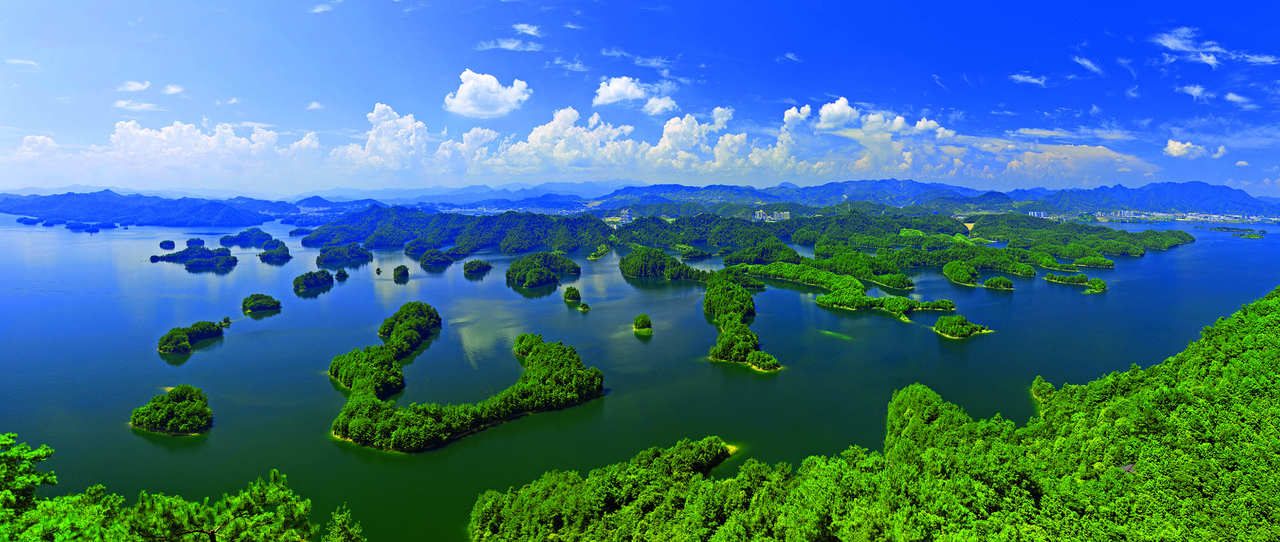
Now villagers respectfully refer to the 50-year-old Keum as Mister Keum. Before his miraculous success, local residents just mentioned him as the Korean in their conversations. In the traditional Chinese culture, mister is a title exclusively for educated and respectable people. It has nothing to do with gender and sometimes nothing to do with age. Villagers call him Mister to show their respect for his kiwi success and for his profound knowledge of kiwifruit farming. They are deeply impressed that the Korean farmer reads all the books available on kiwifruit farming.
He owes his 10-year farming experience to China. The village heads and town government officials did their best to coordinate to make his project come true. Thanks to their support, the land rental was arranged and concluded in four months and the rental he pays for the land is okay.
It was not until he was in Qiandao Lake zone that he learned all about Chinese government farming policies. For example, his electricity bill for his kiwifruit farming is preferential. Manufacturing pays a higher rate for electricity. And he pays no tax for farming. Agricultural tax was called off in January 2006, putting a period to the taxation on agriculture which had been levied in China for thousands of years. The local government has helped a lot to Mr. Keum’s orchard. He has received government subsidies for his investment. A bridge near his orchard was upgraded in 2016 so that trucks can reach his orchard directly. A causeway road was built especially for his kiwifruit farm so that he could go out during the flood period. The government officials visit Keum two or three times a month to see what they can do for him. He says since 2010 government officials have visited him on troubleshooting business more than 200 times.
Keum and his wife have merged well into the life of the local rural community. He shares kiwifruits with local residents. He helps his neighbors do some farming work in the busy season. In Spring Festival, he gives cash envelops to neighbors’ children. And he often visits friends at their homes and have dinner there.
Keum’s farming experience in Sixia Village mirrors a much bigger picture of the nationwide rural development and revitalization. More and more villages have urbanized infrastructures and villages provide a comfortable environment for living. Keum is just one of many farmers in China who are from foreign countries. The ten-year farming at Sixia has enabled him to see changes in rural China. He falls for the differences he has witnessed. “I am now a farmer in China and lead a contented and peaceful life. My life is full of good things,” says the Korean. “I like farming. I love the daily changes in China’s rural areas.”
